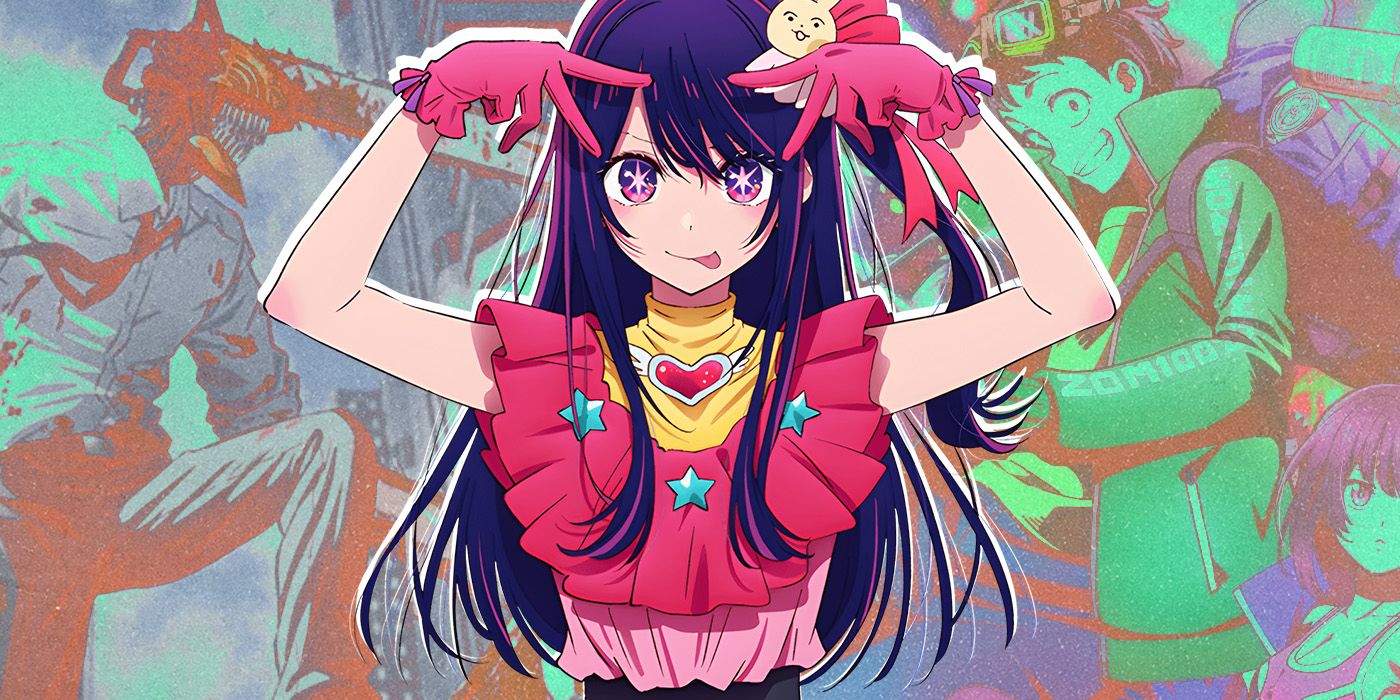
Summary
- Subversive anime series may question and criticize formulaic genres to encourage fresher ideas from other creators.
- This may range from storytelling beats to character designs and even character motivations/worldviews, like in Chainsaw Man and Zom 100.
- While subversion is important, it should remain a small minority to keep the industry honest and not paradoxically become the new rule.
The Japanese anime industry is well-known for repeating successful processes. Manga and anime creators evidently rely heavily on tried-and-true formulas and tropes to meet fans' expectations, and it's a double-edged sword. This creates comforting familiarity and gives demographics like shonen and shojo their meaning, but it also invites a flood of repetitive content that fails to innovate. Relying on heavily-used, formulaic content can stifle a series' potential for originality, so some creators make a meta-statement by subverting all those rules.
More than ever, subversion appears to be a successful trend in the manga/anime industry, and some of the biggest titles have stood out because they question all the rules. Satirizing or criticizing shonen, seinen, and shonen norms has paid off for series like Oshi No Ko, Chainsaw Man, Zom 100, and even Undead Unluck, and other creators might want to take note of this. Still, subversion can only go so far – it must serve a purpose.
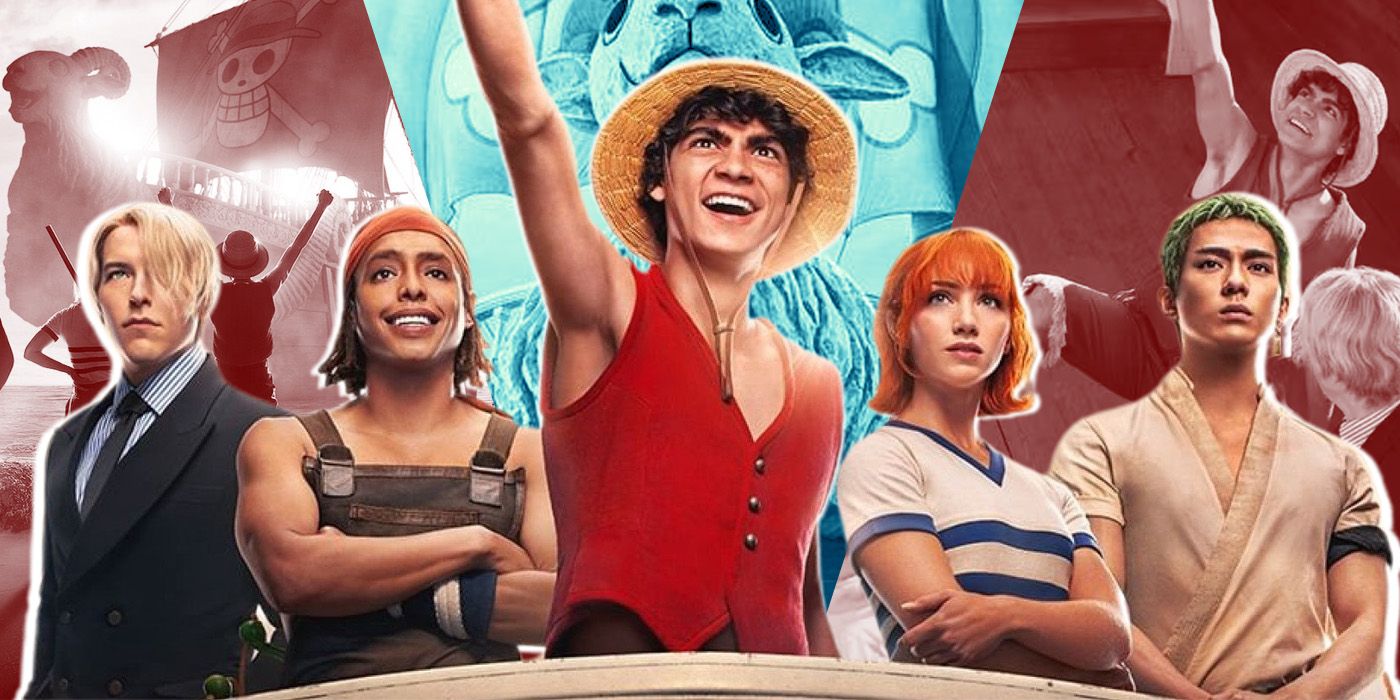
Why Does The One Piece Live-Action Adaptation Work?
Netflix's One Piece succeeded where all other anime live-action remakes failed, most of all with pacing, casting, and giving itself room to breathe.Why The Anime Industry Is Ripe For Subversion
For the most part, anime fans love the sheer "anime-ness" of series like the shonen big three, goofy slice-of-life comedies, and magical girl titles. Anime wears all these tropes and clichés like a badge of honor, but anything can lose its flavor if tasted too often. Even the most dedicated manga/anime fans may get tired of so many series following the tried-and-true formulas that are expected of them, and it makes for predictable, even lazy, anime series. Every season has them, with Ayaka being an example in the Summer 2023 season, being little more than a vague Jujutsu Kaisen wannabe. It didn't say or do anything new, and it's far from the only case. Japanese and Western fans alike have reached a saturation point in the 2020s, and it's time to take a step back and question this entire system in creative ways.
The current anime lineup is sending mixed messages, with conventional shonen titles like Jujutsu Kaisen and Bleach dominating the field while subversive, meta-commentary series like Chainsaw Man, Oshi No Ko, Zom 100, and more are also floating to the top. These series "know" that genres like shonen action, idol anime, and even horror anime are all played out, so they criticize their own formulaic genres to explore a new side to them. These series are practically calling out the industry for being "too anime," going beyond surface-level tropes, clichés, and formulas to get an honest look at whether or not they actually work. If the inner gears are getting rusty and wearing out, it's up to subversive series like Chainsaw Man to diagnose the problem.
This doesn't mean shonen action anime, as a concept, is doomed and has hit a total wall. But it's also past time for an internal audit to see which parts of shonen action are still operating smoothly and which have built up a lot of grime that slows the whole machine down. This not only makes shows like Chainsaw Man a refreshing experience, but also challenges other creators to re-examine their own work and the overall industry to see if they can clear out the rust, too. This can help keep the anime industry honest and prevent it from hypnotizing itself with too many formulaic strategies. Almost anything can be fixed if the creator knows what to look for, and authors like Tatsuki Fujimoto and Aka Akasaka clearly do.
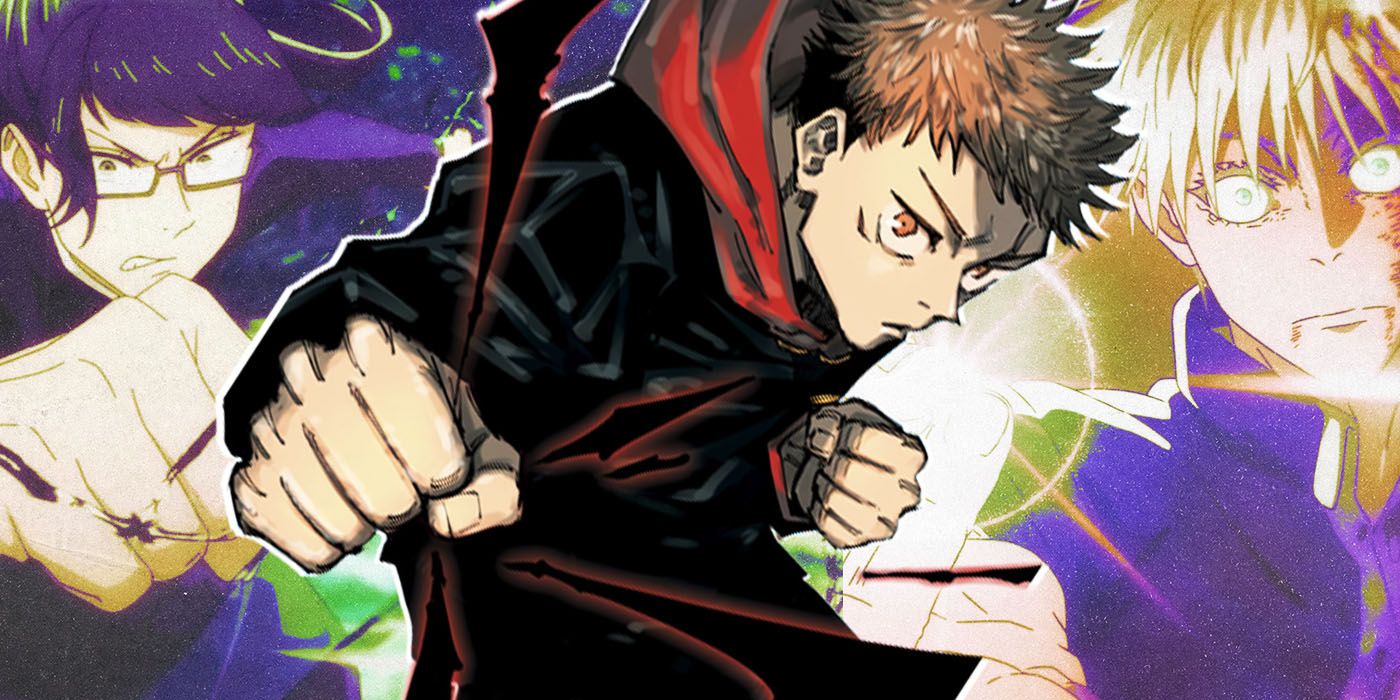
Is Jujutsu Kaisen Trying Too Hard to Fit in with the Dark Trio?
As a core member of anime's "Dark Trio," Jujutsu Kaisen isn't expected to be joyful. However, is the series going too far with its gruesome themes?How Major Subversive Titles Get the Job Done
Series like Gintama and Konosuba are conventional satires that can easily use references and meta-humor to poke fun at the likes of the isekai genre and popular shonen titles, but they only go so deep. More recent titles are the true subversions that question or break the most basic rules of their genres to make a point, explore a genre from an entirely new angle, or both. This suggests that concepts like becoming a musical star, surviving a zombie apocalypse, or being a great shonen action hero are all worth pursuing, but not from the usual routes. According to these series, such goals urgently need new roads built to reach them, so anime fans can enjoy an entirely new scenic route as these anime series progress.
Zom 100: Bucket List of the Dead is a recent example, following most tropes of the zombie apocalypse while having distinct slice-of-life elements thrown in. That's a highly unusual combination, and Zom 100 pulls it off by making everyday life so terrible for the hero that a zombie apocalypse is a release. Instead of fearing or hating what's happening, Akira Tendo enjoys it. He's questioning the concept of anime characters enjoying everyday life as students or business professionals, suggesting that such people are dead inside while living a routine life according to society's rules. Only with the apocalypse can people be free and truly live.
Chainsaw Man is a winning combination of following and breaking the rules for shonen action as a "monster hunter" anime like Demon Slayer and Bleach. The subversion is mainly rooted in the main characters' designs, making them all deeply flawed but still sympathetic people who express their good and bad sides in equal measure. Chainsaw Man suggests that series like Demon Slayer and Jujutsu Kaisen are too idealistic with their character designs, and that even sleazy, untrustworthy, crude, and juvenile people like Denji and Power can be exciting and worthwhile protagonists in spite of their serious flaws. Shonen anime, according to Chainsaw Man, is too shiny and naive for its own good, and the ugly truth of humanity must be shown, or else all the heroes feel like fairy tale lies. Evidently, that resonated with fans.
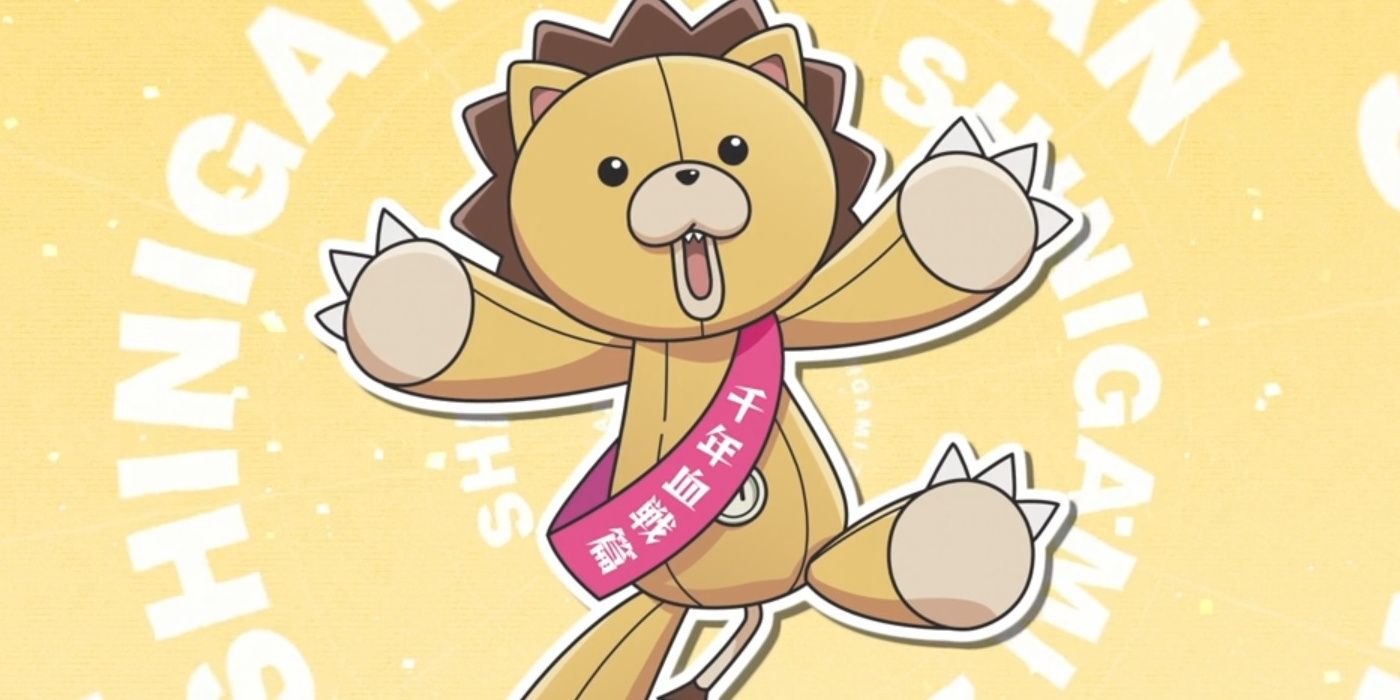
Bleach Finally Found a Good Use For Its Out of Place Character
Comic relief characters like Kon didn't age well. Fortunately, Bleach TYBW found a better use for him.Why Anime Should Carefully Follow This Subversive Trend
Given how formulaic the anime industry tends to be, subversive series like these are a necessity, but a little goes a long way. If too many series became subversions that questioned or broke all the rules, the anime industry might fall apart or lose its appeal and identity. This is less about seeking a hard reset for anime and more about having a few insightful "auditor" series and authors who can keep the industry honest with their works. Any trend or trope that becomes too cliché or too familiar can be called out this way, and subversive series can offer a new route to traditional storytelling goals. That, and subversive series can simply encourage other creators to make up their own new routes and invent all-new tropes and trends of their own. If idea X is too worn-out, according to meta-commentary series like Chainsaw Man and Oshi No Ko, it's time to invent idea Y and leave X far behind.
Ideally, subversive rule-breaker series will remain a small minority so they can remain the exception that keeps the rule honest, rather than become the rule themselves. It would be ironic if too many series joined the subversion trend and made that the new norm, thus requiring subversion again, possibly by returning to the familiar, original tropes. The industry doesn't need a disorienting back-and-forth like that – it can keep chugging forward as it always has, with auditor series like Chainsaw Man and Zom 100 to keep the gears clean and rust-free.

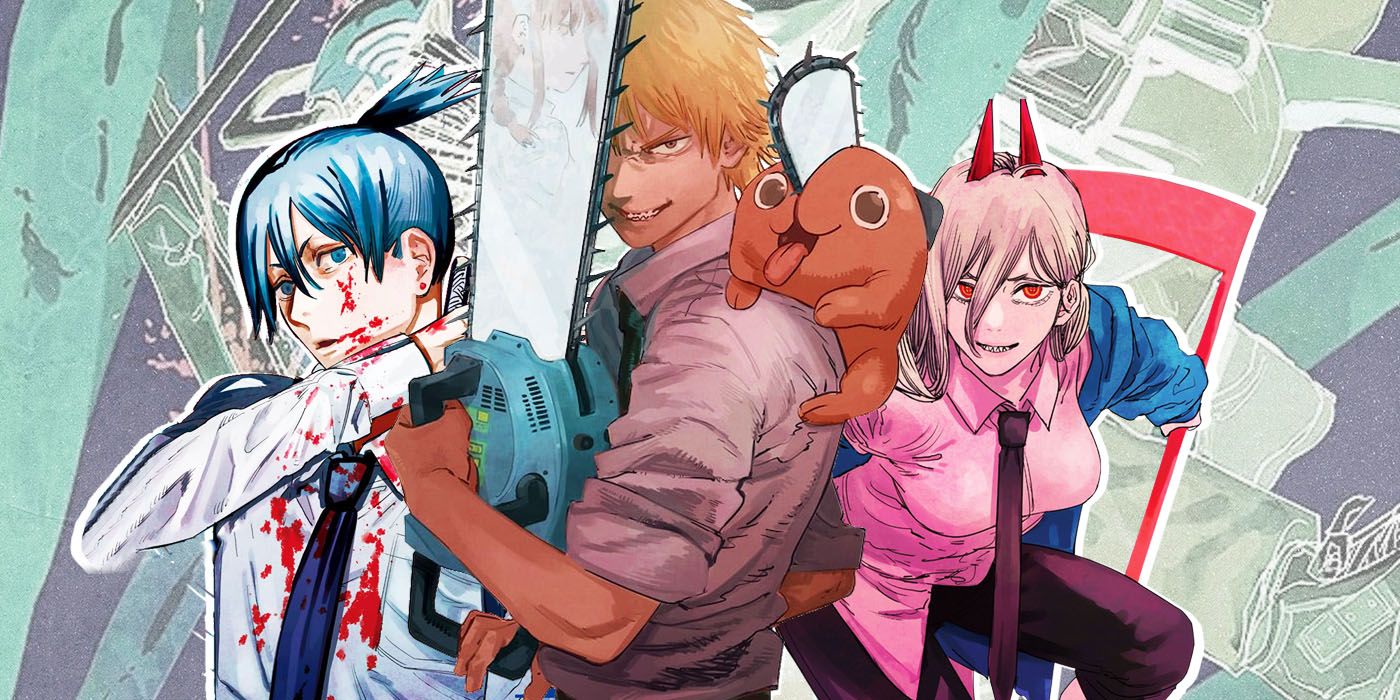
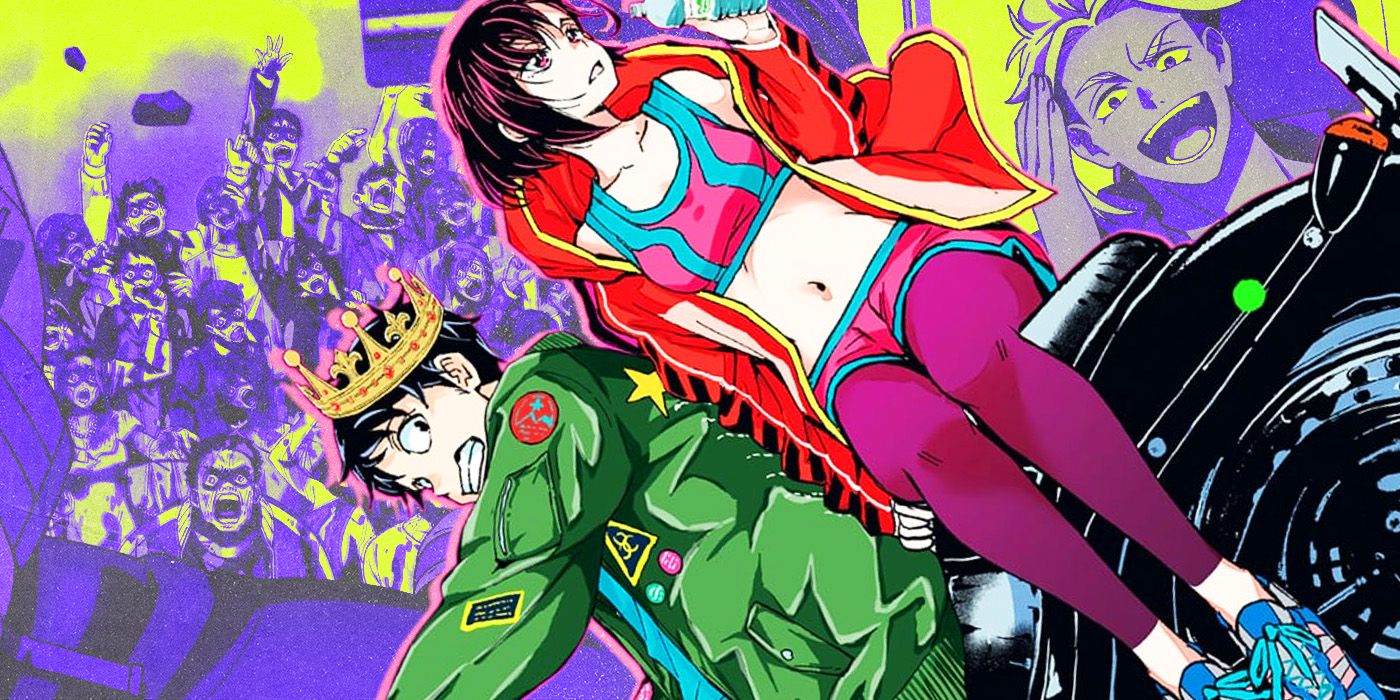
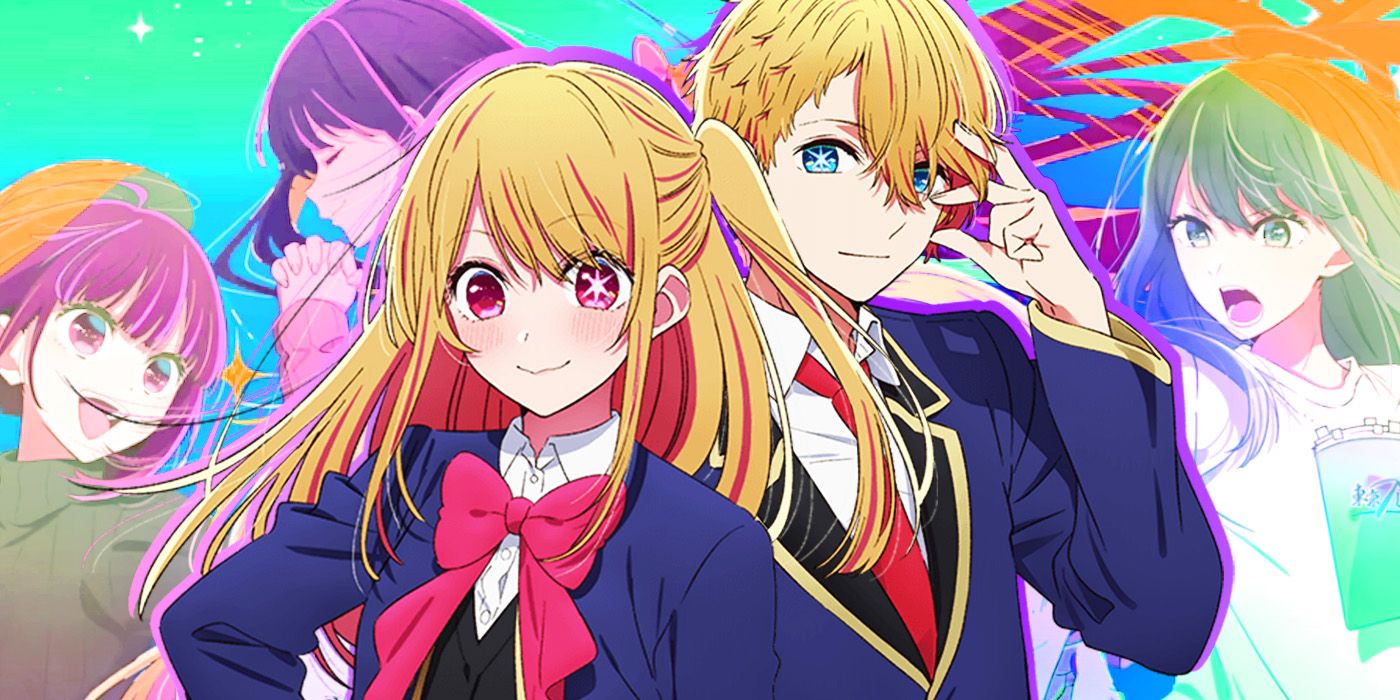
Post a Comment